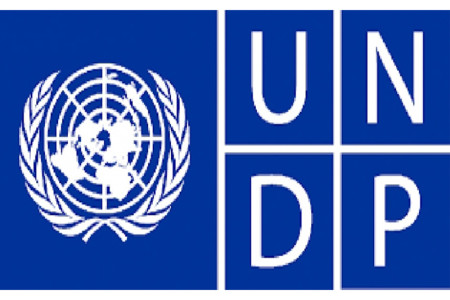The releasing of the report on Friday by the UNDP has exposed the inefficiency of the state authorities specially the failure of the Census and Statistics Department to conduct such a comprehensive survey on the plight of vulnerable community in the island facing economic crisis.
This UNDP report presents findings from the Multidimensional Vulnerability Index (MVI) derived from the National Citizen Survey 2022-2023 initiated by the United Nations Development Programme (UNDP) in Sri Lanka.
It was administered with the objective of capturing a wide picture of vulnerabilities experienced by Sri Lankans during the economic downturn.
Debt, a lack of education, and the ability to adapt to disasters are factors that make most people feel vulnerable, said the new report, released on Friday 01 of September by the UNDP and the University of Oxford’s Poverty and Human Development Initiative (OPHI).
The report was presented to Opposition Leader Sajith Premadasa at a ceremony in Colombo in the presence of Ms Azusa Kubota, Dr Sabina Alkire ( Director -Oxford Poverty and Human Development Initiative (OPHI), University of Oxford), several other dignitaries.
Mr. Premadasa noted that a social security programme cannot be implanted without a proper survey on vulnerable community and this was the reason for the present confusion and poverty ridden community agitation against the state devised” asvesuma” relief programme.
In the wake of releasing the , Multidimensional Vulnerabilities: Impact on People of Sri Lanka survey report by the UNDP has exposed the inefficiency and lethargic attitude of the Census and Statistics Department which has still not released the the Household Income and Expenditure (HIE) Survey 2022 since 2019.
The Department conducts this Survey (HIES) once in every three years to measure the levels and changes in living conditions of the people.
Data collected from this survey is used to observe the consumption patterns to compute various other socioeconomic indicators such a poverty price indices etc.
Generally the survey is conducted over a period of 12 months time to capture seasonal variations. The general sample size is 25000 housing units to facilitate the information be given up to district level.
.Sri Lanka’s average monthly household income was estimated at Rs. 76,414 prior to the country’s economy fell deep into a recession and incomes deteriorated in the two years of the pandemic in 2020 and 2021, according to Department of Census and Statistics (DCS) data.
However the monthly report on house hold income is still to b updated, informed official sources said.
Developed by
Media team. Lanka information lk


